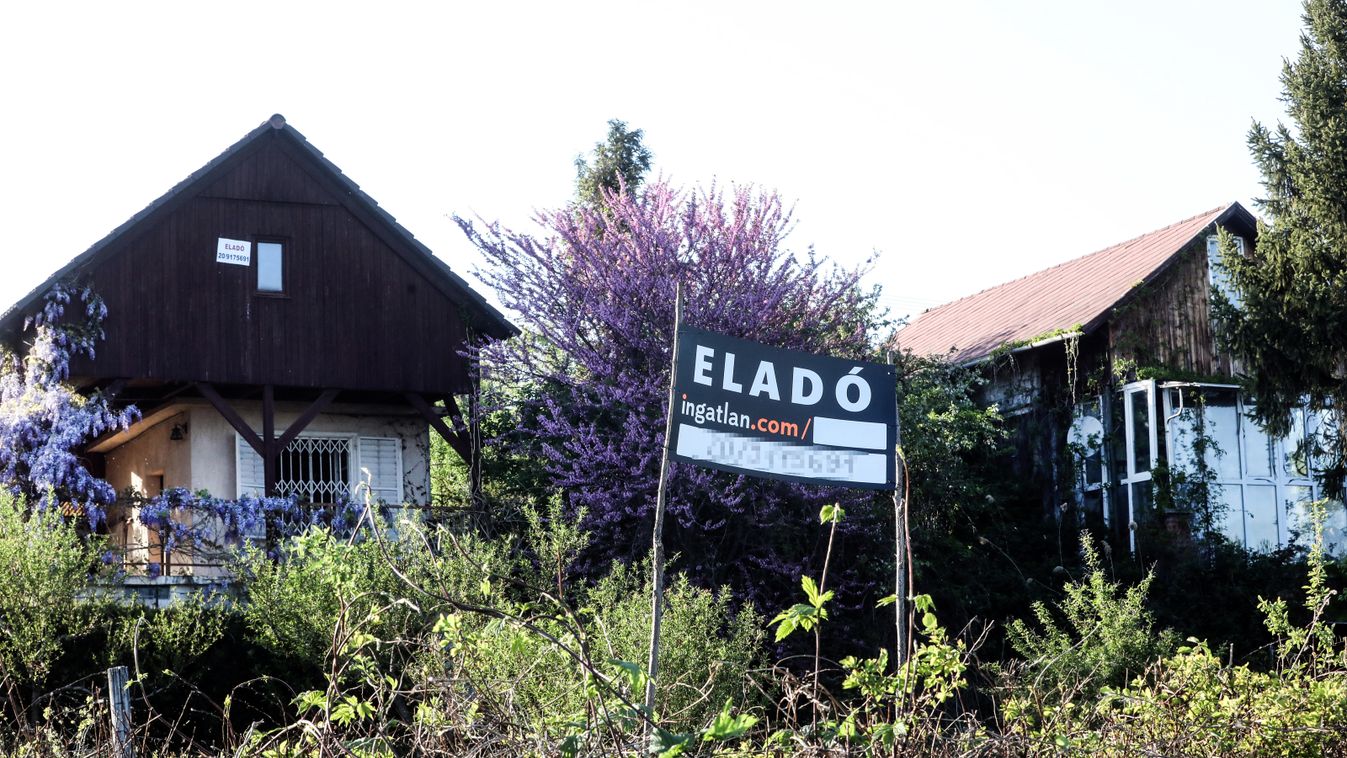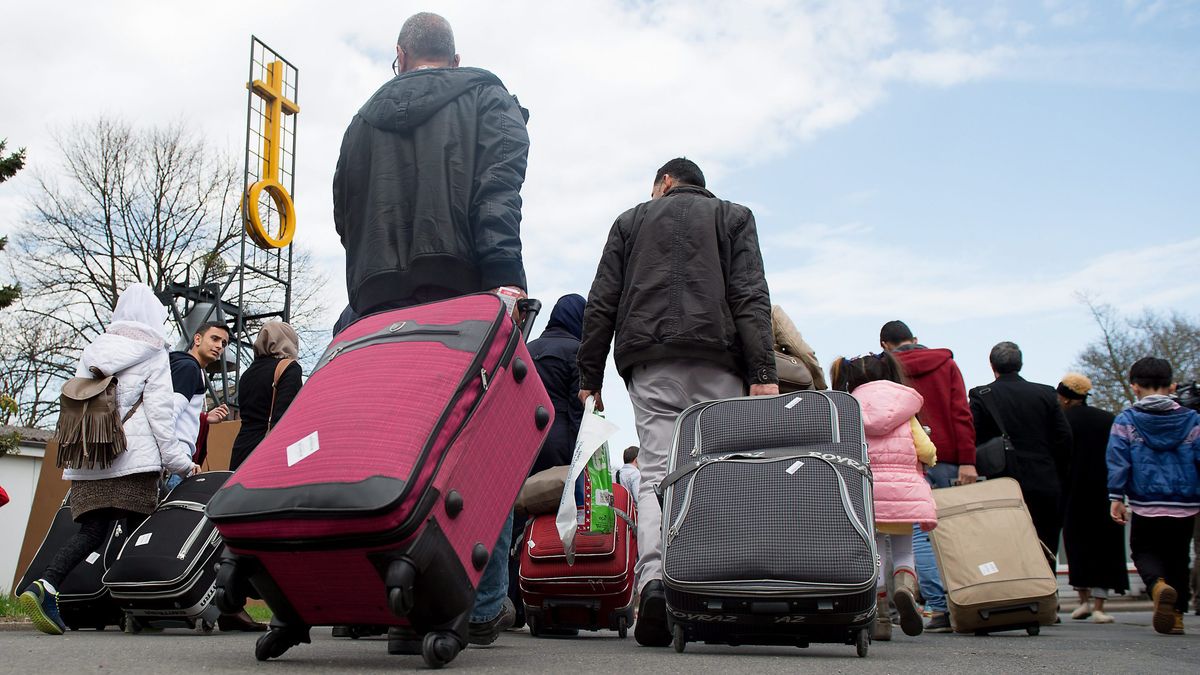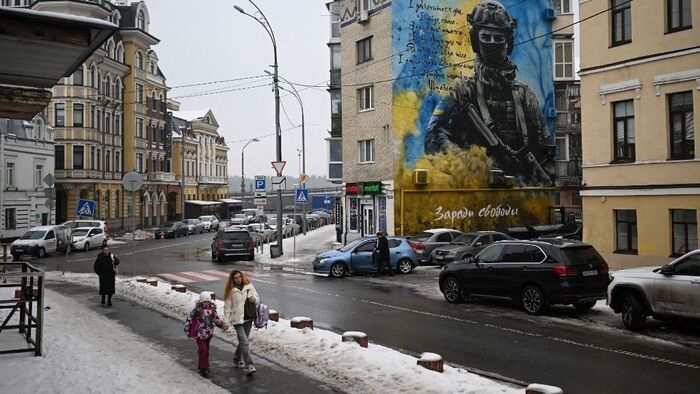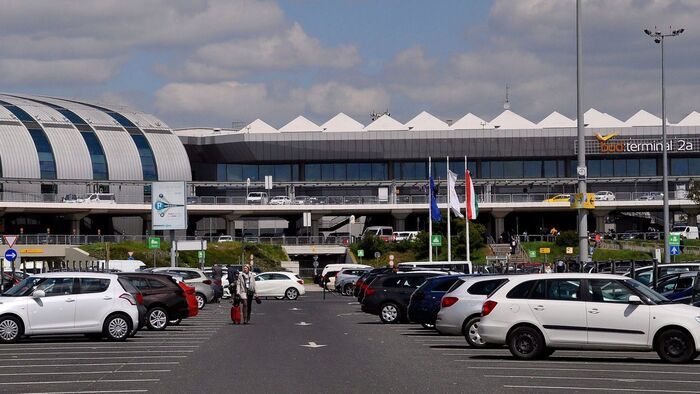Baranya and Tolna counties and around Lake Balaton are all parts of Hungary where the German language can increasingly be heard, and not because of tourists. While the number of ethnic Germans in Hungary has long been considerable, the community of recently relocating Germans is expanding, says Bence Bauer, director of the Hungarian-German Institute, in a recent article. Referring to data from the Hungarian Central Statistics Office (KSH), the analysis explains that the number of ethnic Germans living in Hungary, i.e. the indigenous historic minority, was 185 696 in 2011, the year of the last census. In the years after the fall of communism, the number of Germans moving to Hungary was negligible, estimated at only a few thousand. However, in the last four years there has been a dramatic increase of 34.9 percent, with 16 537 arrivals in 2019 and the number of German citizens permanently settled in the country reaching 22 310 in 2023.

German problems vs Hungarian life
For many Germans, owning their own property is an unaffordable dream, cites Bence Bauer as one of the reasons for the surge in interest.
Even the upper middle class in Germany is increasingly finding that they cannot afford to buy their own property in the country, while in Hungary - especially in rural areas - this is still attainable.
Another important factor for Germans (and not just a topic of polite small talk) is the weather in a particular place, as the favourable climate in Hungary also plays a role in their decision to move. Hungarian cuisine is also very popular, so the culinary and gastronomic benefits, as well as tourism and culture, the hospitality and welcoming attitude of Hungarians, are all important considerations, Bence Bauer's analysis states.
The majority of those buying property and settling in Hungary are retired people, who are moving to villages where there are few jobs and high emigration. As a negative factor, the influx of foreigners could even have a price-driving effect, but this is not yet the case in the settlements concerned, so the arrival of new residents benefits the communities.
There are many examples of Germans arriving here and becoming active members of the community. For example, in some areas of the Transdanubian region, including around Lake Balaton, a real German-speaking infrastructure has developed, with German craftsmen and service providers,
the institute director says, adding that Germans are finding their own way, and it is not for nothing that they are said to be well organised.
























Szóljon hozzá!
Jelenleg csak a hozzászólások egy kis részét látja. Hozzászóláshoz és a további kommentek megtekintéséhez lépjen be, vagy regisztráljon!